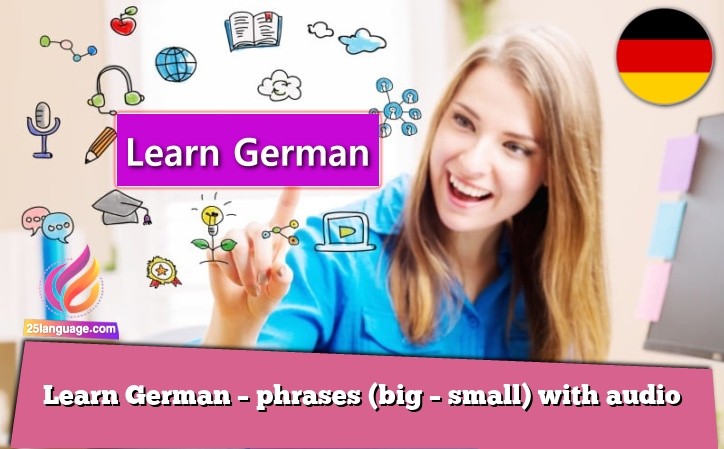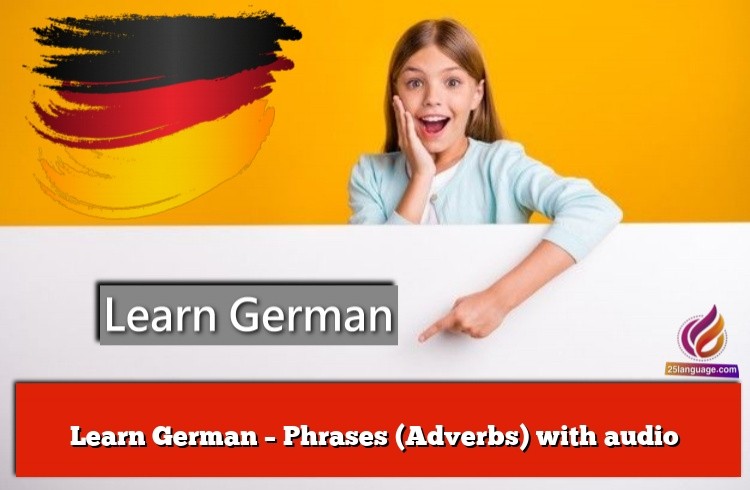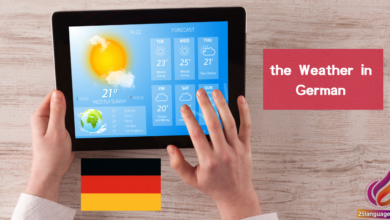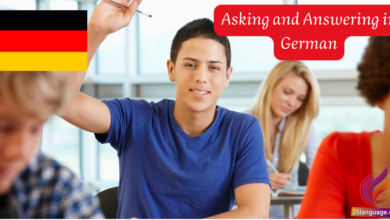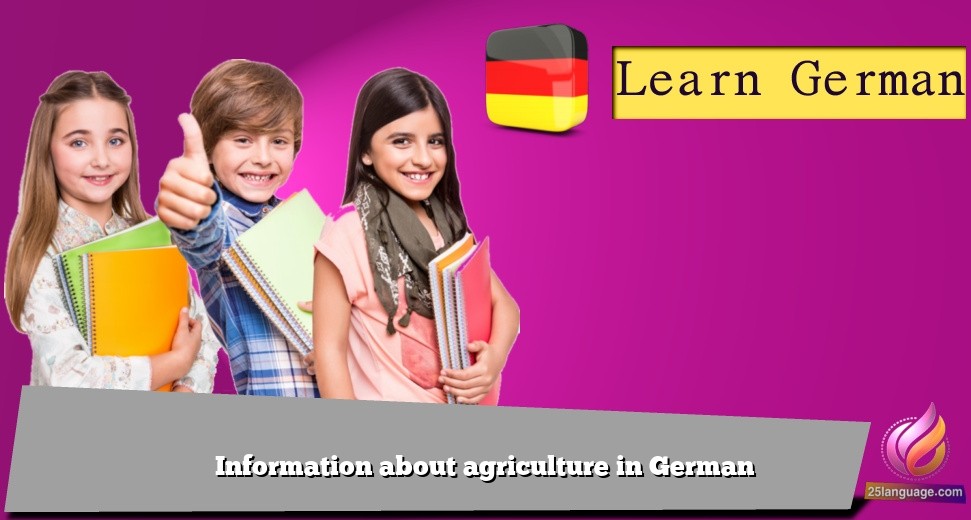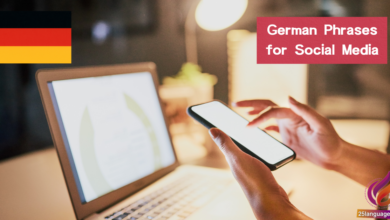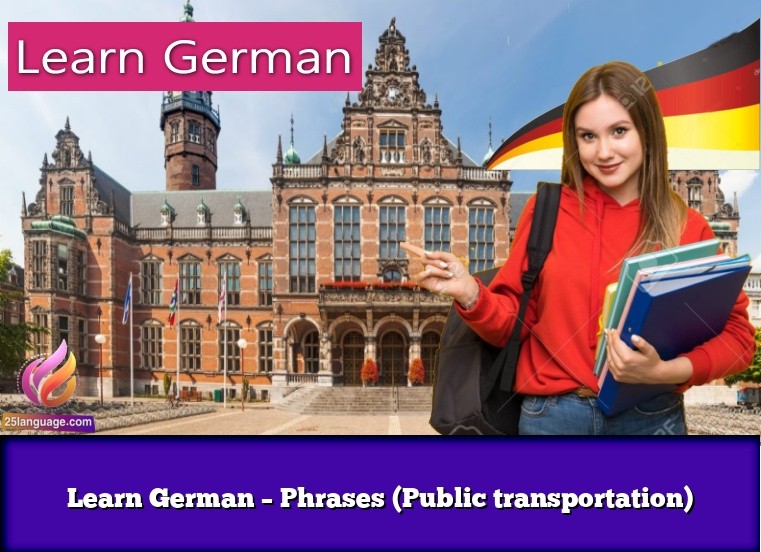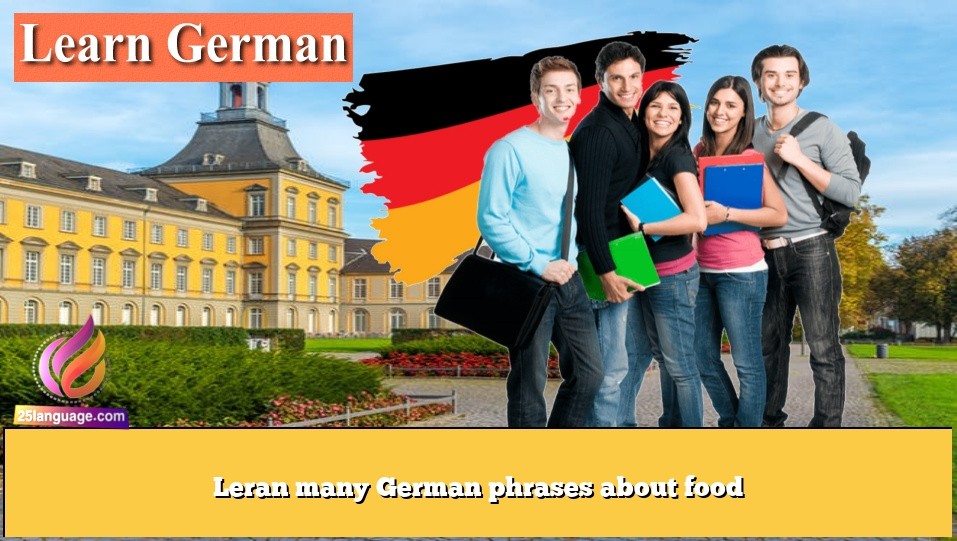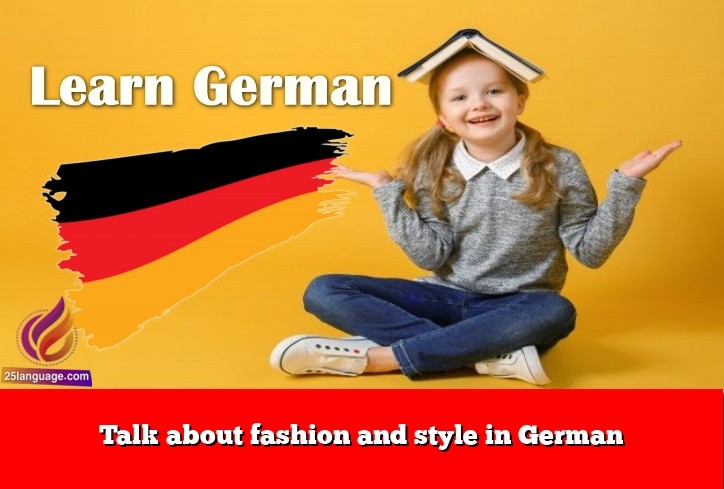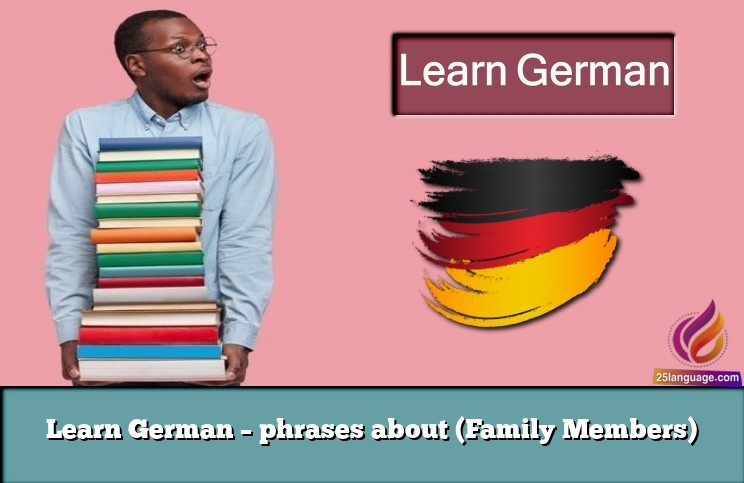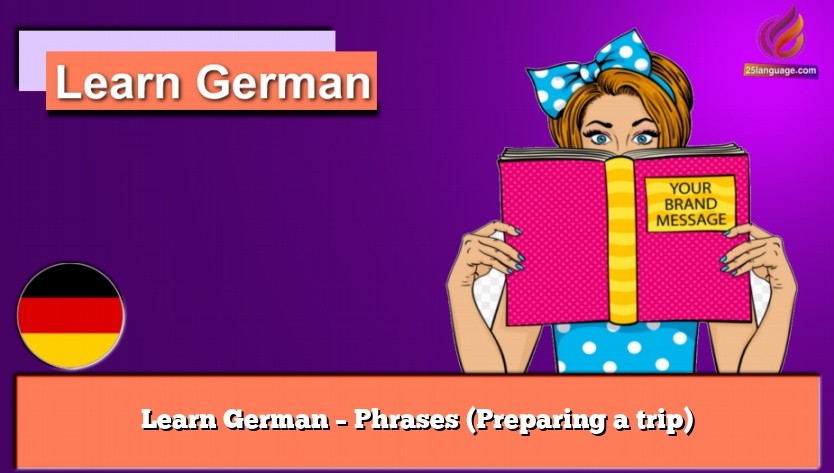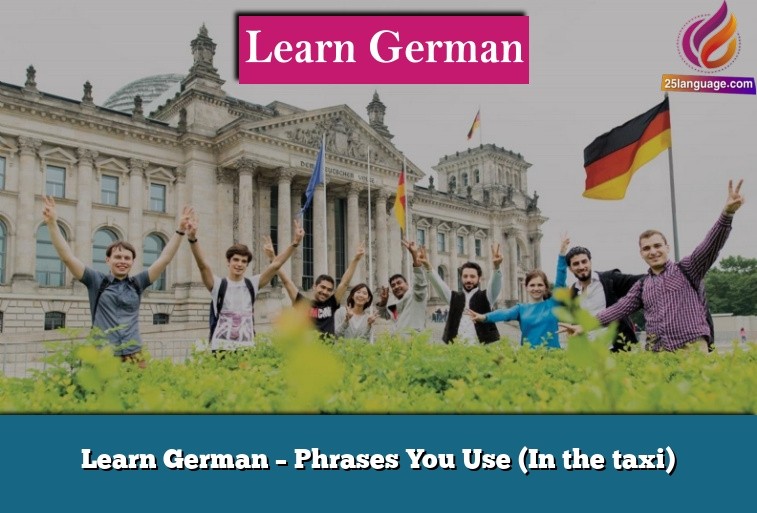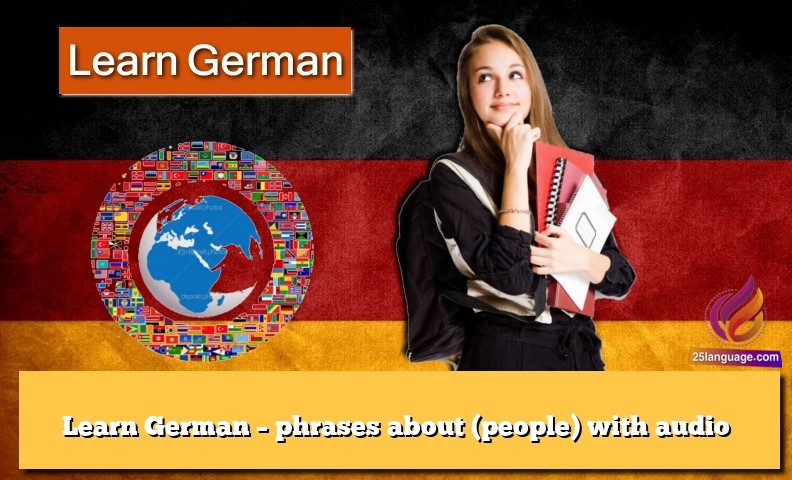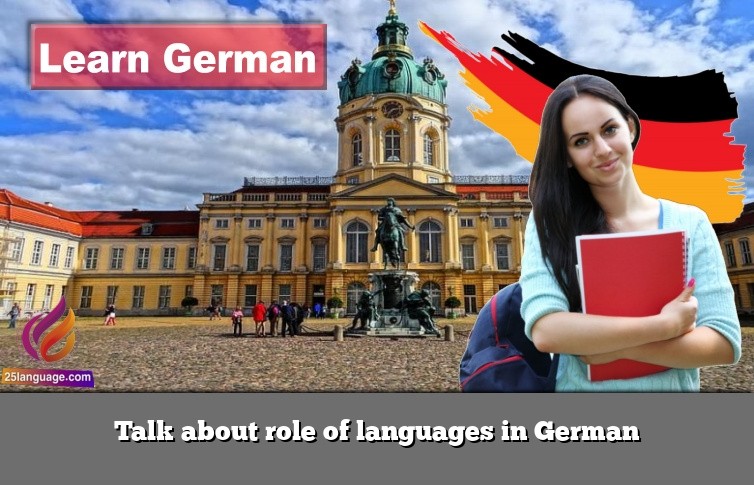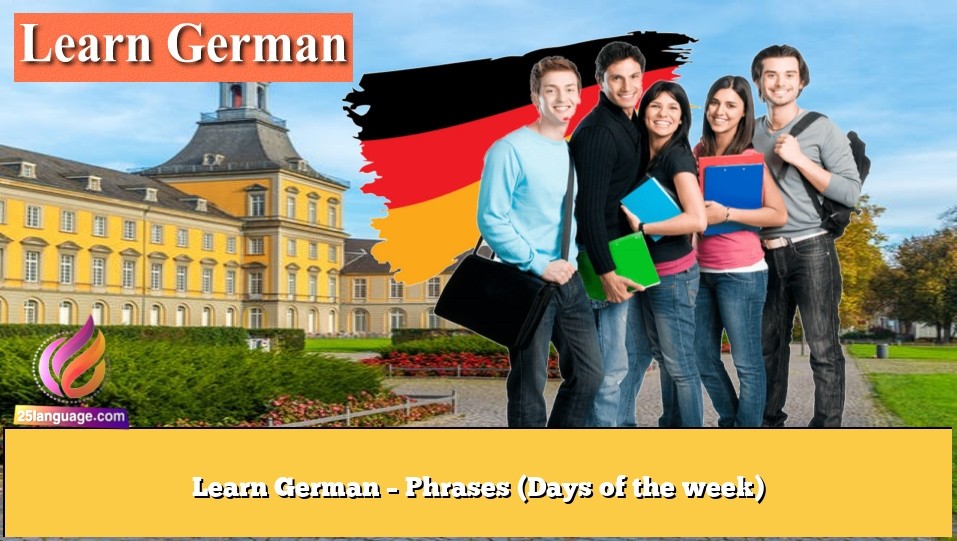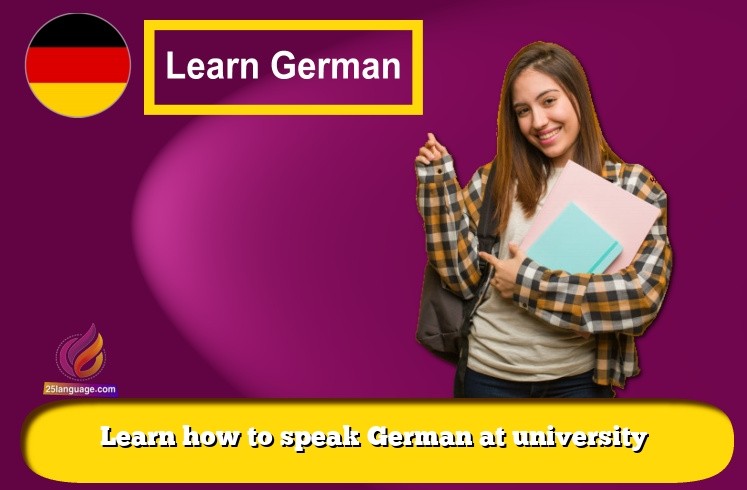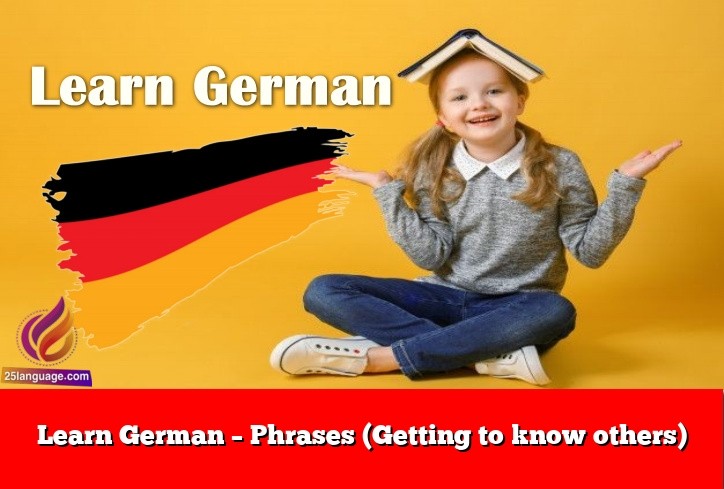Phrases about holidays and celebrations in German
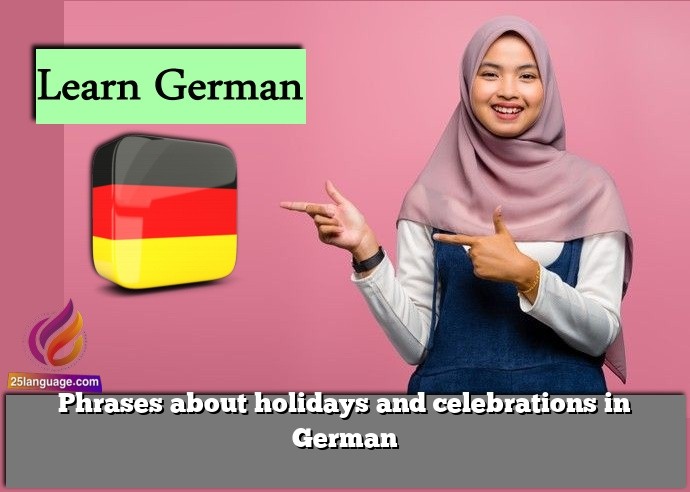
holidays and celebrations in German
Holidays and celebrations are an integral part of every culture, reflecting traditions, values, and the spirit of togetherness. In this lesson, we’ll explore many essential phrases related to holidays and celebrations in German. Whether you’re a language enthusiast, planning a trip to a German-speaking country, or simply interested in broadening your cultural knowledge, this lesson will be a valuable resource.
Phrases about holidays and celebrations in German:
- Feiertag (Holiday) – Die Feiertage in Deutschland sind vielfältig. (Holidays in Germany are diverse.)
- Fest (Celebration) – Das Weihnachtsfest ist eine Zeit der Freude. (Christmas celebration is a time of joy.)
- Tradition (Tradition) – Traditionen sind ein wichtiger Teil der Kultur. (Traditions are an integral part of culture.)
- Geschenke (Gifts) – Das Austauschen von Geschenken ist eine Tradition zu Weihnachten. (Exchanging gifts is a Christmas tradition.)
- Dekoration (Decoration) – Die Dekorationen während Halloween sind oft gruselig. (Halloween decorations are often spooky.)
- Festzug (Parade) – Der Karnevalsumzug zieht viele Besucher an. (The carnival parade attracts many visitors.)
- Essen (Food) – Das Essen spielt eine wichtige Rolle bei den Feierlichkeiten. (Food plays a significant role in celebrations.)
- Musik (Music) – Musik begleitet oft die Feierlichkeiten. (Music often accompanies celebrations.)
- Tanzen (Dancing) – Tanzen ist ein Teil vieler Festivals. (Dancing is a part of many festivals.)
- Neujahr (New Year) – Das Neujahrsfest wird mit Feuerwerk gefeiert. (New Year’s is celebrated with fireworks.)
- Ostern (Easter) – Ostereier sind ein Symbol für Ostern. (Easter eggs are a symbol of Easter.)
- Geburtstag (Birthday) – Der Geburtstag ist ein persönlicher Feiertag. (Birthday is a personal celebration.)
- Nationalfeiertag (National Holiday) – Der Nationalfeiertag wird mit Stolz gefeiert. (National holidays are celebrated with pride.)
- Erntedankfest (Thanksgiving) – Das Erntedankfest ist eine Zeit des Dankes. (Thanksgiving is a time of gratitude.)
- Feuerwerk (Fireworks) – Feuerwerke sind am Silvesterabend üblich. (Fireworks are common on New Year’s Eve.)
- Jubiläum (Anniversary) – Ein Jubiläum ist ein Grund zum Feiern. (An anniversary is a reason to celebrate.)
